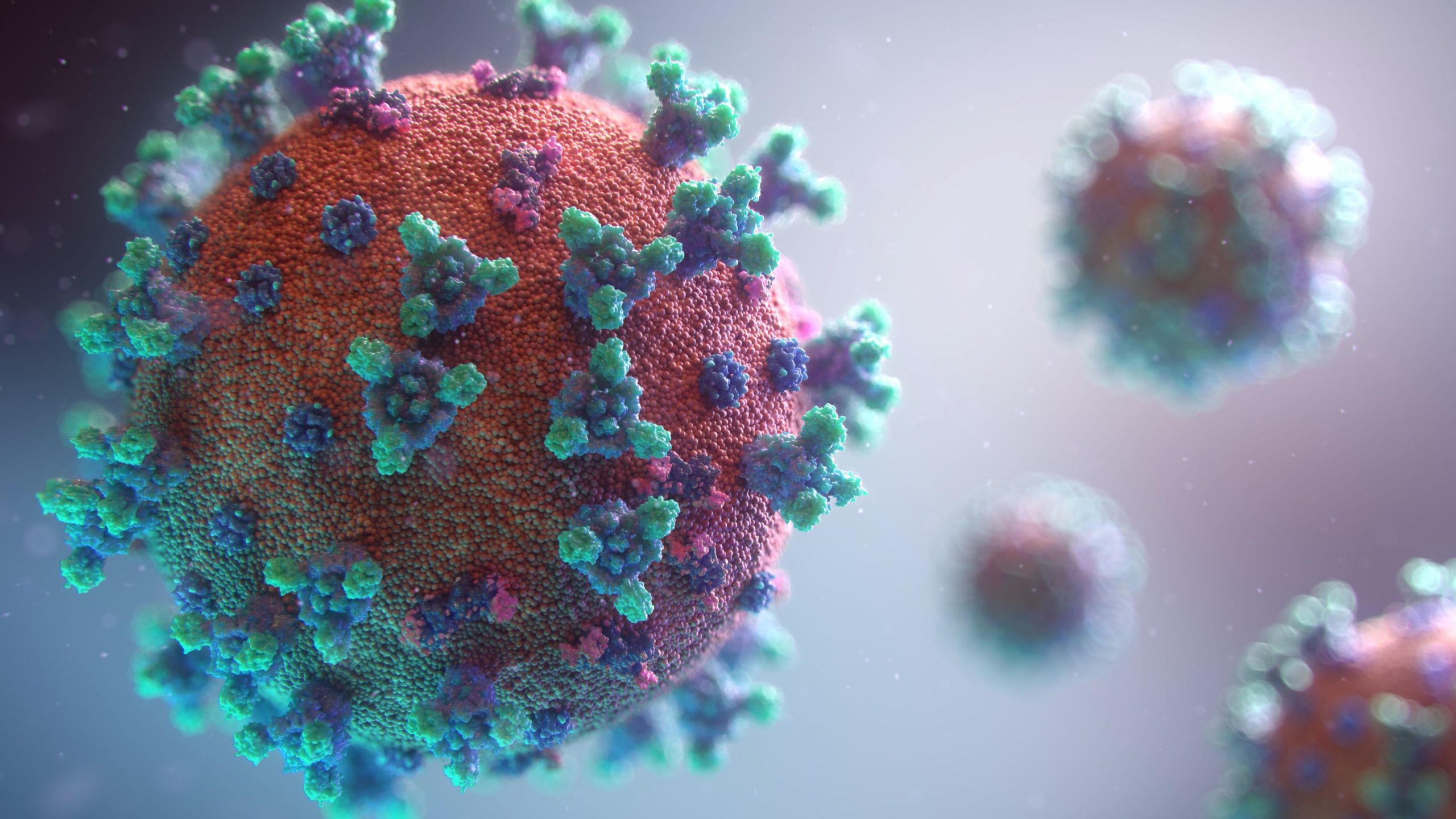More than a year to the COVID-19 pandemic, the novel coronavirus continues to mutate into virulent variants. After the Delta variant wreaked havoc across India, another variant — ‘Delta plus’ has been found. Although it hasn’t been declared a ‘variant of concern’ yet, it’s a variant of the Delta, which is believed to be behind the second COVID-19 wave in India.
Also read: List of countries safeguarding themselves from COVID’s Delta variant
So, what is the delta plus variant?
A variant of Delta (B.1.617.2), Delta plus is formally known as B.1.617.2.1. It has an additional mutation, known as K417N, which was earlier found in the Beta (first found in South Africa) and Gamma (first found in Brazil) variants.
Believed to have been first reported in Europe in March this year, three states in India — Maharashtra, Madhya Pradesh and Kerala have recorded cases of the variant.
Also read: Moscow sees new variants behind COVID-19 spike
Is it a cause for concern?
Although it is not a ‘variant of concern’, people shouldn’t put their guards down as the new virus strain is the result of mutation of the Delta variant. Originally found in India, the Delta variant is the dominant strain in the country and is believed to be behind the ferocious second wave that badly battered the country.
Also read: 4 lions infected with delta variant of COVID-19 at Tamil Nadu zoo
Another concern is regarding vaccines that were originally developed as per the variants prevalent at that time. Tests across countries have shown that although effective, the shots produced fewer antibodies against variants such as Delta.
In India, tests conducted to determine the potency of Covishield and Covaxin showed that although antibodies were produced, they were fewer than those against the strain used by companies to develop the vaccines.
Also read: Inevitable third COVID wave could hit India in next 6-8 weeks: AIIMS chief
However, presently, there is very little evidence regarding Delta plus’ link to outbreaks or its transmissibility and hence it hasn’t been declared a ‘variant of concern’ by the World Health Organisation.







